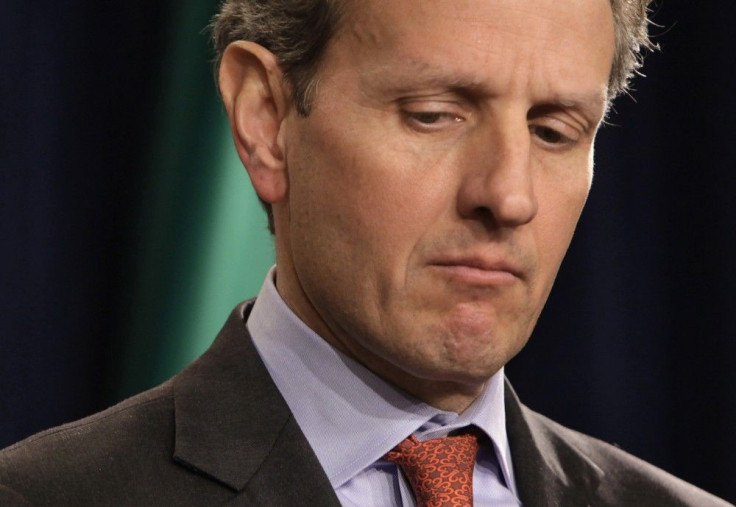Europe to America: Help!

A European finance minister, in Washington for a panel on global business and economics, has shot up a flare to U.S. officials, saying he hoped the nation would play a key role in solving Europe's ongoing sovereign debt crisis.
I hope the IMF, and the U.S. as the biggest shareholder, plays a key role in bringing the IMF as an additional firewall to the firewalls we have set up in Europe, Luxembourg Finance Minister Luc Frieden told U.S. Treasury Under Secretary for International Affairs Lael Brainard, who was also on the panel.
To give more credibility and to show that this is a global issue, I think the U.S. should not lean backwards, Frieden said, according to the Dow Jones Newswires, suggesting the U.S. should be ready to pitch in for a bailout probably at some point in time.
The comments come as the IMF seeks to raise $600 billion as a backstop for any sovereign bailout in Europe, including the Greek one now in progress. U.S. officials have declined to offer more money to the IMF, saying European nations should do more for themselves.
A change in tone
The call for help by an European leader is a far cry from the tone heard in September, when U.S. Treasury Secretary Timothy Geithner was jet-setting between Brussels and Washington to keep the U.S. involved in the negotiations for the bailout package being discussed.
At the time, various European ministers noted Geithner's presence was affecting negotiations, and seemed irked a U.S. official would have the gumption to counsel Europe given the fiscal situation back in Washington.
I found it peculiar that even though the Americans have significantly worse fundamental data than the Eurozone that they tell us what we should do, Maria Fekter, Austria's finance minister, told Reuters in September. I'd like to hear how the U.S. will reduce its deficits ... and its debts, Didier Reynders, the Belgian finance minister, added.
European Central Bank executive board member, Jurgen Stark, was even more forceful, telling Bloomberg, Finger-pointing in the direction of Europe shouldn't prevent others from putting their budgets in order and doing their homework before handing out advice to Europeans.
© Copyright IBTimes 2025. All rights reserved.





















